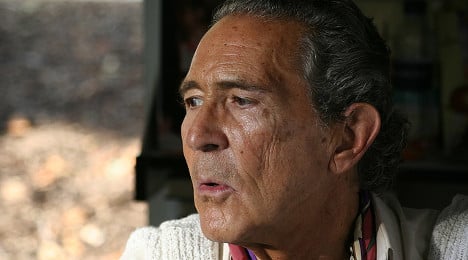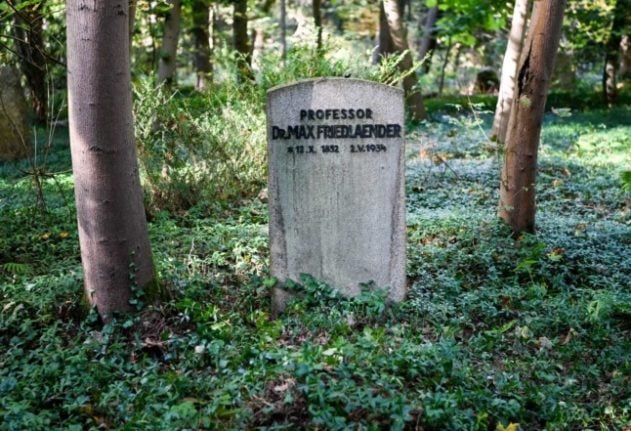Antonio Gala, an eccentric Spanish playwright and author, has angered Spain’s Jewish community with a piece titled 'The chosen ones?' published in El Mundo.
The award-winning 83-year-old starts off by arguing that the Jewish people "could have done a lot of good for humanity: for their prudence, endurance, apparent religious fidelity and proven administration of money".
He then claims that what has always happened is that they end up troubling those they live with, "as if they weren't made to coexist".
"No matter what (the Jews) call their civil or military leaders" they always end up creating problems, he argues.
READ ALSO: "Shoot those bastard Zionists: Italian scholar
Gala then makes the only mention of the current Gaza conflict in his short op-ed piece, stating that "now it’s Gaza’s turn to suffer their abuses" thanks to the "pressure from a power situated elsewhere in the world and an invisible community of blood".
He caps off the piece by saying "I am not a racist".
READ ALSO: Spanish 'Jew Killer' town says yes to name change
The Times of Israel and Inews24 have quoted David Hatchwell, business mogul and president of Madrid’s Jewish community, as saying "we are familiar with this form of aggression and the consequences if the red line is crossed".
Hatchwell plans to use a clause in Spain’s legal code which prohibits anti-Semitic discourse to justify his organization’s lawsuit.
Both Israeli news sources mention the expulsion of Sephardic Jews from Spain and Portugal in 1492.
Last February, Spain's government offered Spanish citizenship to their descendants.



 Please whitelist us to continue reading.
Please whitelist us to continue reading.
Member comments